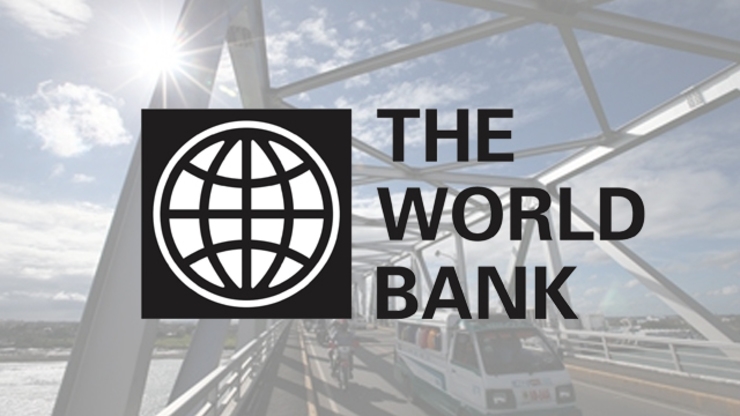
The World Bank says that remittances to Nigeria and other developing countries fell for a second consecutive year in 2016, a trend not seen in three decades.
The report is contained in the latest edition of the Migration and Development Brief, released on Thursday during the ongoing World Bank’s Spring Meetings.
“The Bank estimates that officially recorded remittances to developing countries amounted to $429 billion in 2016, a decline of 2.4 percent over $440 billion in 2015. Global remittances, which include flows to high-income countries, contracted by 1.2 percent to $575 billion in 2016, from $582 billion in 2015.”
Advertisement
While the report notes that remittance flows to Sub-Saharan Africa declined by an estimated 6.1 percent to $33 billion in 2016, due to slow economic growth in remittance-sending countries; decline in commodity prices, especially oil, it observed that diversion of remittances to informal channels in Nigeria was as a result of controlled exchange rate regimes in countries
It however was optimistic that “remittances to the region are projected to increase by 3.3 percent to $34 billion in 2017.”
Other factors responsible for the decline include: low oil prices and weak economic growth in the Gulf Cooperation Council (GCC) countries and the Russian Federation are taking a toll on remittance flows to South Asia and Central Asia, while weak growth in Europe has reduced flows to North Africa and Sub-Saharan Africa.
“The decline in remittances, when valued in U.S. dollars, was made worse by a weaker euro, British pound and Russian ruble against the U.S. dollar.
Advertisement
As a result, many large remittance-receiving countries saw sharp declines in remittance flows.”
India retains top spot as the world’s largest remittance recipient, and also led the decline with remittance inflows amounting to $62.7 billion last year, a decrease of 8.9 percent over $68.9 billion in 2015.
Remittances to other major receiving countries are also estimated to have fallen last year, including Bangladesh (-11.1 percent), Nigeria (-10 percent), and Egypt (-9.5 percent). The exceptions among major remittance recipients were Mexico and the Philippines, which saw inflows increase by an estimated 8.8 percent and 4.9 percent, respectively, last year.
“Remittances are an important source of income for millions of families in developing countries. As such, a weakening of remittance flows can have a serious impact on the ability of families to get health care, education or proper nutrition,” said Rita Ramalho, Acting Director of the World Bank’s Global Indicators Group.


